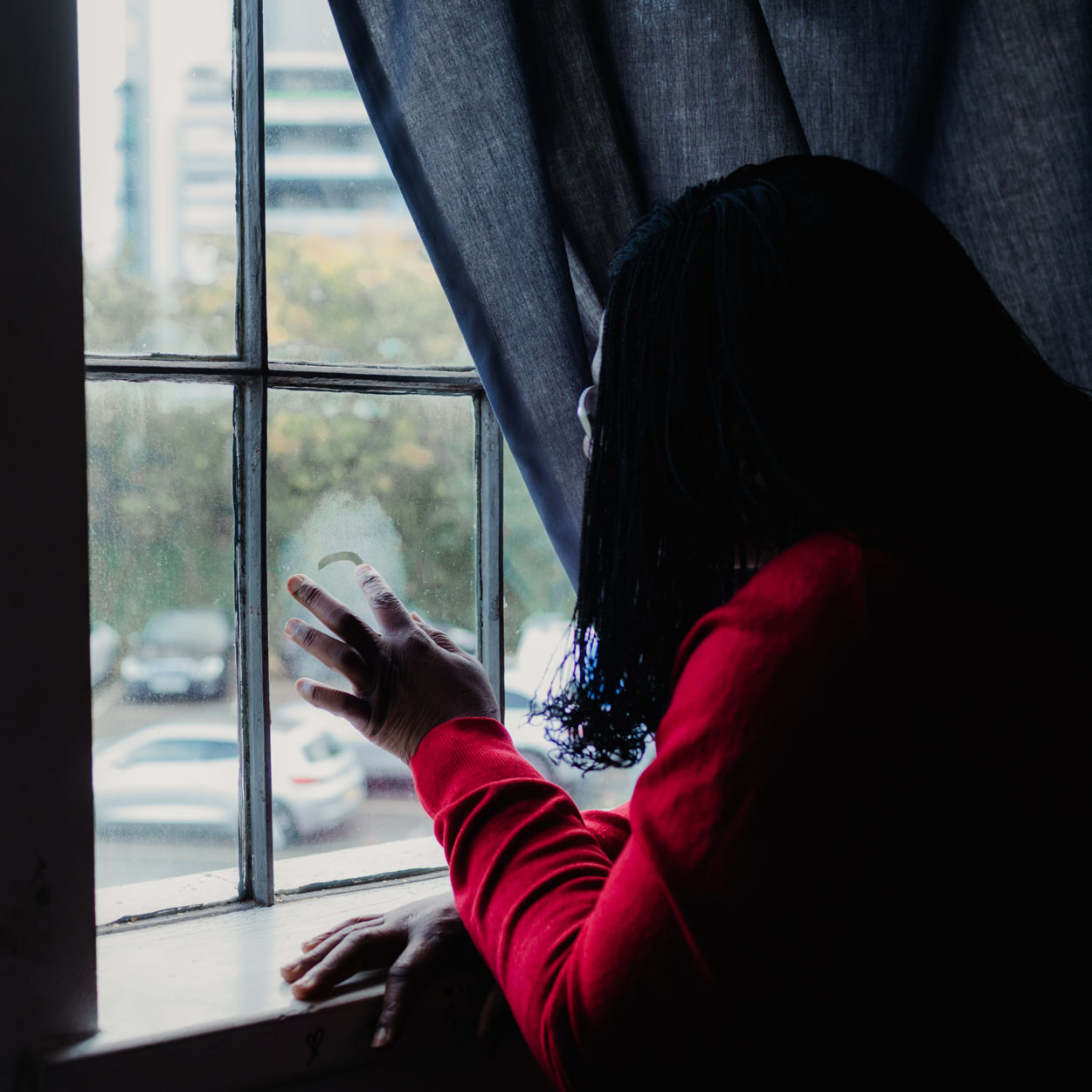Oprah’s journey with the asylum system started in 2017. She had little knowledge of the processes, how they worked, or even how to claim asylum. A victim of trafficking, Oprah is unable to escape the trauma of her experiences and finds it difficult to sleep at night.
Before leaving her home country, Oprah underwent an operation and suffers from high blood pressure, which requires medication. Oprah is often unwell, and she was initially unable to go to a GP to receive her medication for fear of being reported in relation to her status. This made the demanding processes within the asylum system even more challenging.
Upon arriving in the UK, Oprah was held in a detention centre for two and a half months. When speaking about detention, she recalls that others had been there for over a year, some had been sent there from prisons, and many feared deportation. Her health was poor during this time, and the camp doctor advised Oprah visited a hospital. Reflecting on this experience as her first with the healthcare system, she says, “I was chained and handcuffed to go to the hospital; I was there overnight. I was treated like a criminal, it was my first experience. It was hell, I didn’t like it. I couldn’t even go to the toilet.”
Unfiltered Lives - When refuge isn't safe
Oprah was able to leave the detention centre due to her health problems, but these issues, combined with her lack of asylum status, created more barriers. She has found it difficult to integrate into society and contribute in the ways she wants to. She says that if she were granted asylum status, she would be able to complete her studies – which she had to pull out of due to a poor living environment and ill health – and find a job that helps her community, although she does currently volunteer.

It has been a year since Oprah received a positive outcome from her National Referral, meaning, in theory, that she should have been granted asylum, but the decision stills lies with the Home Office. Without a date for the decision to be made, Oprah is trapped in the system like many other asylum seekers despite the home office acknowledging that she is a victim of trafficking.
“It has added more stress. You know you are waiting for something good to happen but then it comes to a standstill. I don’t know whether to go left or right and I can’t move forward. I’m just [at] a standstill.”
So how can the system change to reduce the strain on asylum seekers, particularly victims of sexual and gender-based violence?
“I think for people who are being trafficked, like me, they experience gender abuse. The Government need to reduce their stress, not add more stress,” says Oprah. “People who have been trafficked should be given priority. The Government should help.”
Since receiving a positive decision on her National Referral, Oprah receives less financial support, and is yet to feel the benefits of the outcome. She remains unable to sleep, stressed, and without her asylum status.
“We need to get help, quick help.”
More about the research
Hane's story
Mariam's story
